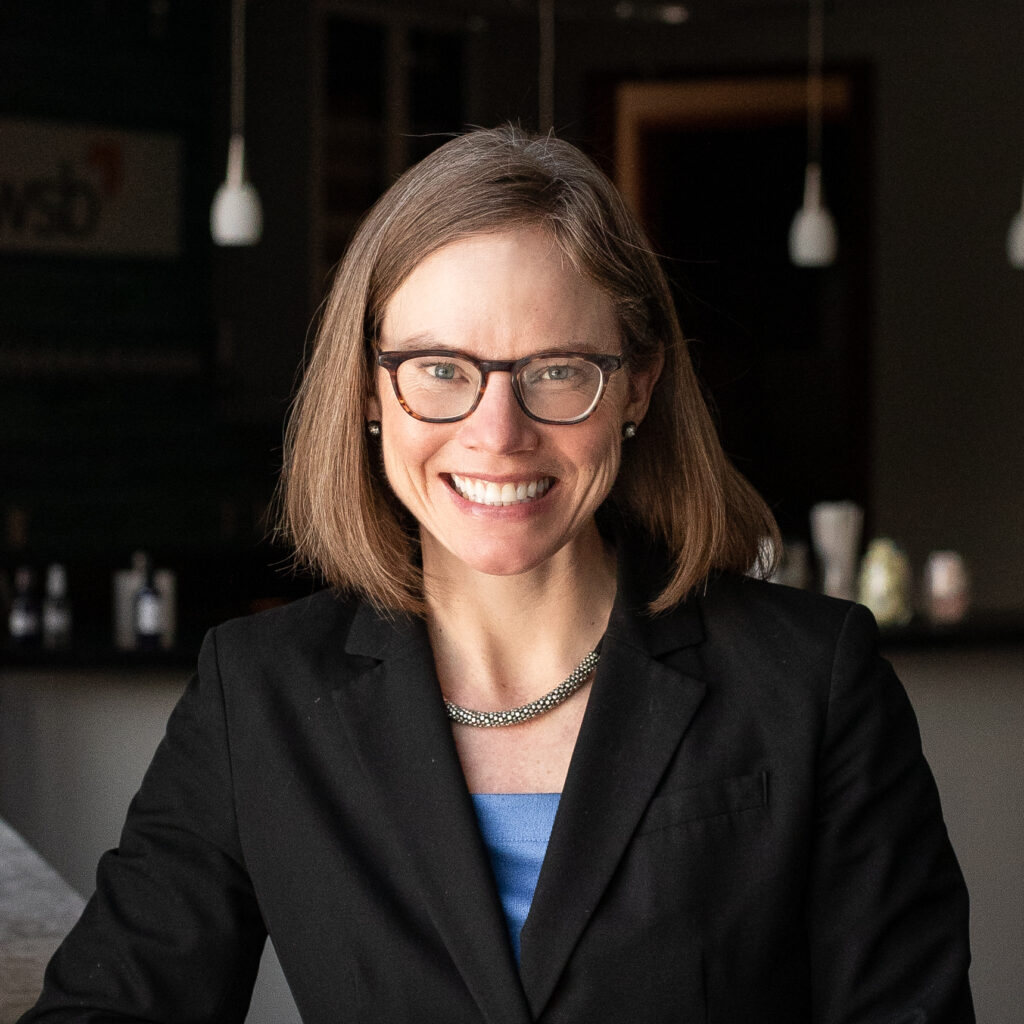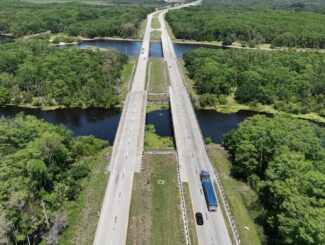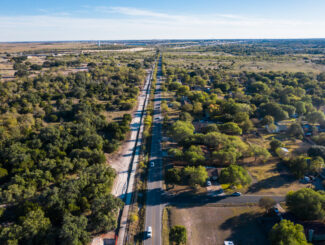April 24, 2023
By Amy Fredregill, Sr. Director of Sustainability, WSB
In honor of Earth Month 2023, Amy Fredregill, Sr. Director of Sustainability, discusses the way we are advancing sustainable outcomes through our work. At WSB, we believe there can be a sustainability lens to every project. Earth Day is the perfect time to reflect on the impact we can make with our client projects and operations to create a more prosperous, resilient future.
What does a sustainable community look like, and how does our work support it?
Sustainability is like a three-legged stool, it balances economic, social and environmental issues. Overall, a sustainable approach meets the needs of the current generation as well as future generations— encompassing both short- and long-term goals. Sustainability is unique to each project, based on the business case and objectives of the effort, which is what makes this work so innovative.
Can you describe what sustainability in infrastructure development means and its importance?
Sustainability can be seen in infrastructure in electric and water utilities, roads, trails and electric vehicle charging infrastructure, to name a few. We are increasingly being asked to look at our infrastructure developments in new ways and think creatively about tools and methods that generate even more comprehensive benefits– from economic development to public health. Often, we can find solutions that mimic the resiliency of nature such as alternatives to traditional stormwater treatments, municipal water reuse, filtration ponds, alternative pavement products and pollinator-friendly landscaping. In doing so, we are seeing more long-term benefits, lower lifecycle costs and more amenities across a broader range of stakeholders.
In what ways does WSB practice sustainability?
Our projects range from creating strategic five-year plans, 12-18-month workplans and day-to-day operations and policies. These efforts are driven by evolving customer and stakeholder demand for services ranging from electric vehicle charging stations to public health, emissions reductions and resiliency. For any kind of project, we can draw strength from a range of WSB divisions including construction, renewables, transportation planning, landscape architecture, public engagement and more— ensuring that we are carefully crafting the best option for each project.
In the last few years, we recently launched an internal employee-based Corporate Sustainability Team. Our goal is to advance operational efficiencies, make proactive plans, be good community partners, and support a broader swath of societal goals through procurement and emissions reductions. One result of our efforts was the development of a solar array on our Burnsville office building, garnering interest from community partners as renewable energy costs continue to decline. Additionally, our St. Paul office recently received a grant for organic composting so we can learn about commercial opportunities to reduce waste and reuse materials. Learnings from our operational efforts can be shared with our communities and business partners.
Are there any projects that you find difficult to apply sustainability? How does WSB overcome those issues?
We are often asked in our client projects to manage risk, measure impacts and benefits of projects creatively by using expanded methods to build on traditional ROI concepts think long-term about lifecycle costs and benefits to society and business, such as workforce development. Commercial and government leaders are sharing ideas in this emerging impact measurement space, with results that can turn former waste streams into revenue and reduce risk across the supply chain, improve public health outcomes and help communities thrive.
What excites you about the possibilities of sustainability in the future?
Sustainability is an exciting field because it is continuously evolving. We enjoy exploring what approaches will best meet the needs of projects and clients — it is not one-size-fits-all. Additionally, there is an increasing amount of state and federal funding available for projects. Positive health and social benefits are goals of many funding programs, and by partnering with our clients to take advantage of funding opportunities, these approaches are more accessible. WSB stays apprised of this ever-changing horizon of program opportunities by sorting through eligibility of funding and putting together winning projects in our communities and business partners.
Amy has nearly 25 years of experience across many industries, particularly energy and agriculture, in the public, private and nonprofit sectors. This experience has provided Amy with a broad background that enables her to meet community and business needs based on the business case for sustainability. By working across intersecting systems to simultaneously advance environmental, economic and social goals, she is able to uncover creative solutions.
[email protected] | 612.965.1489


